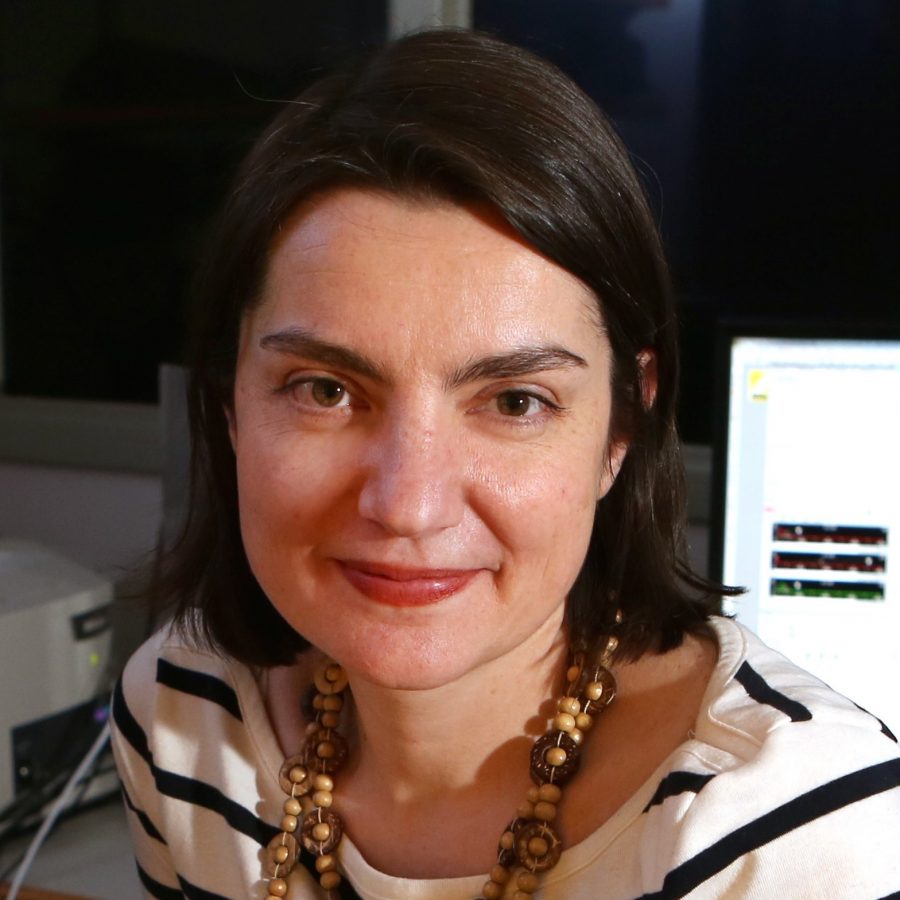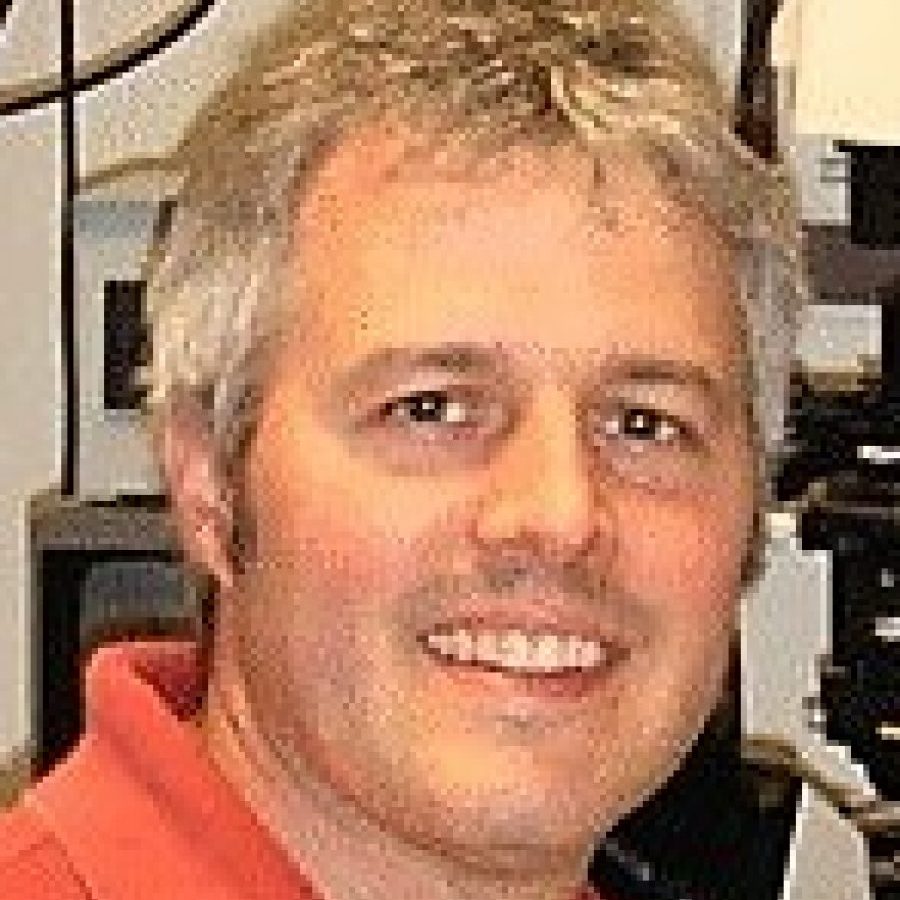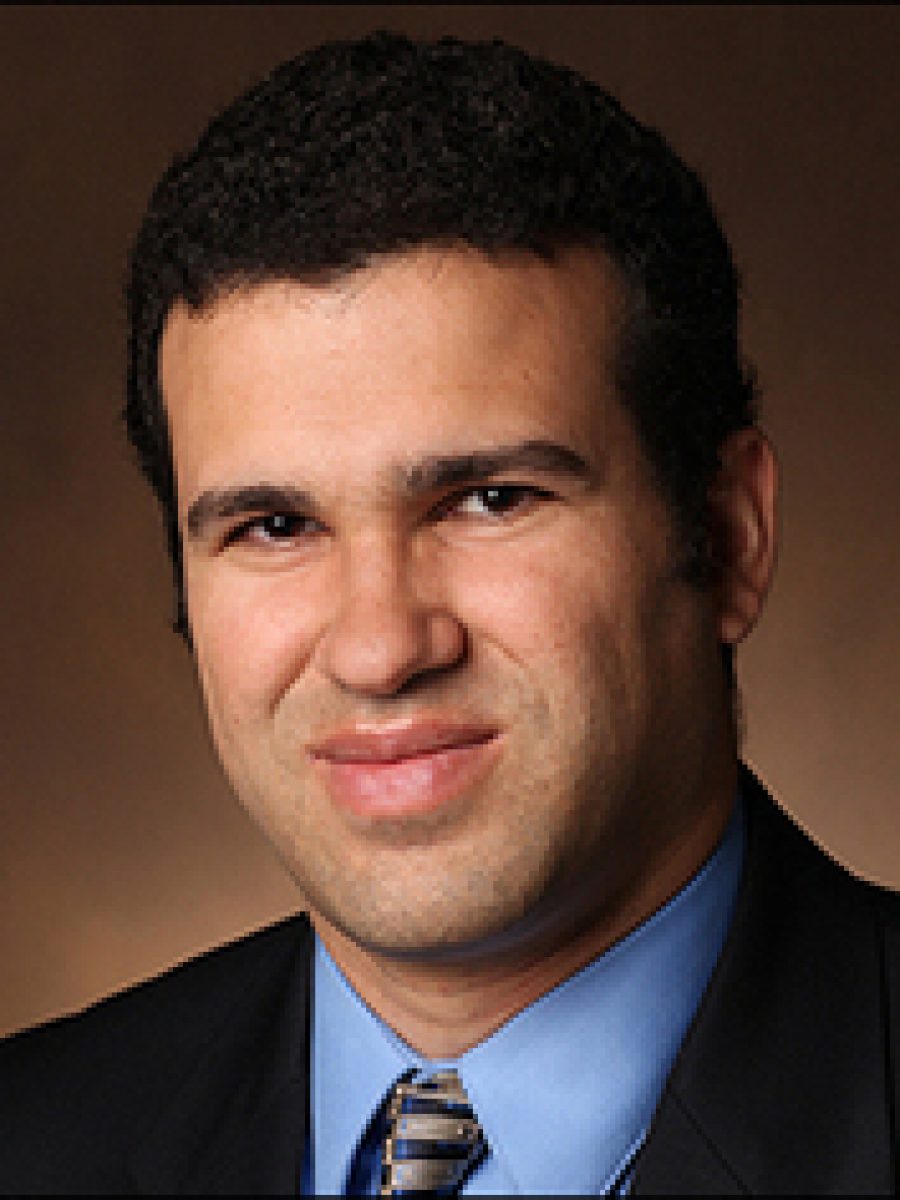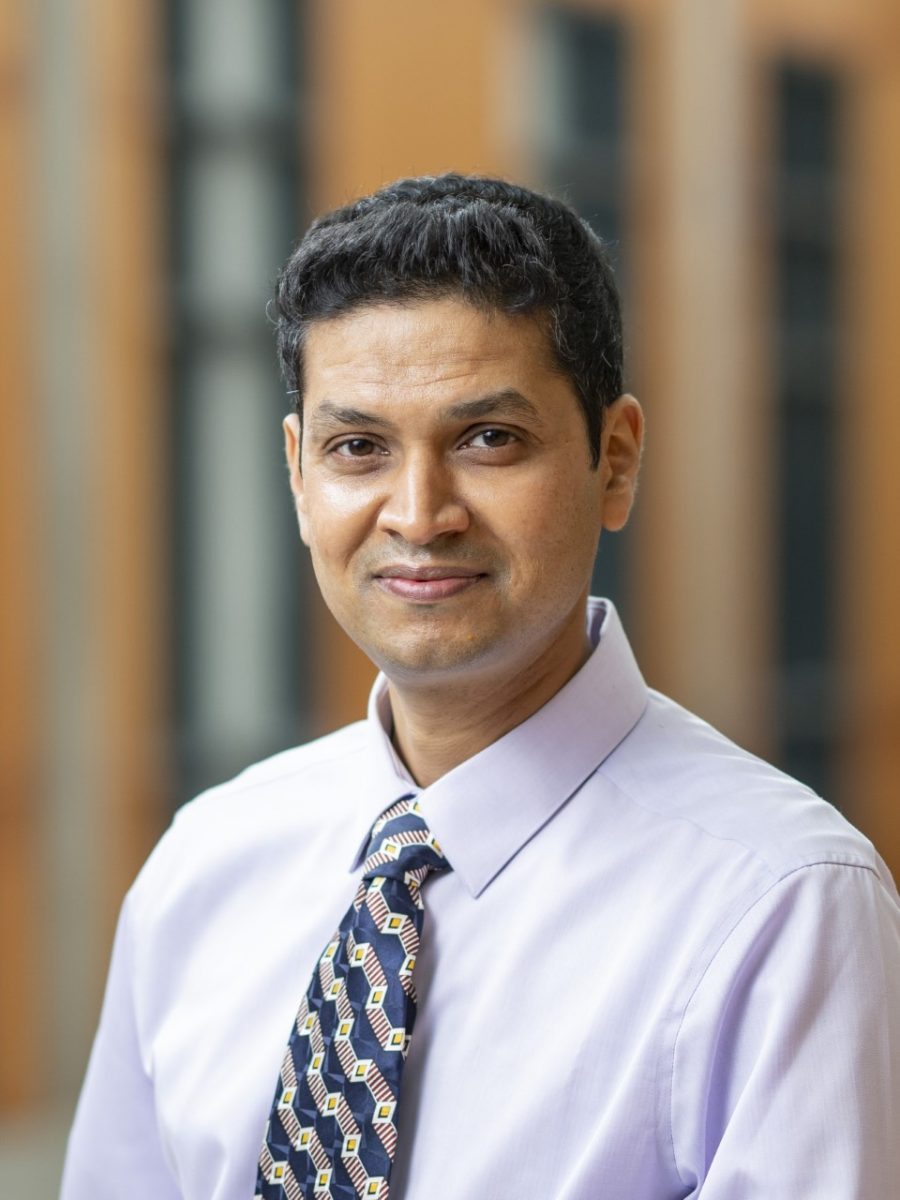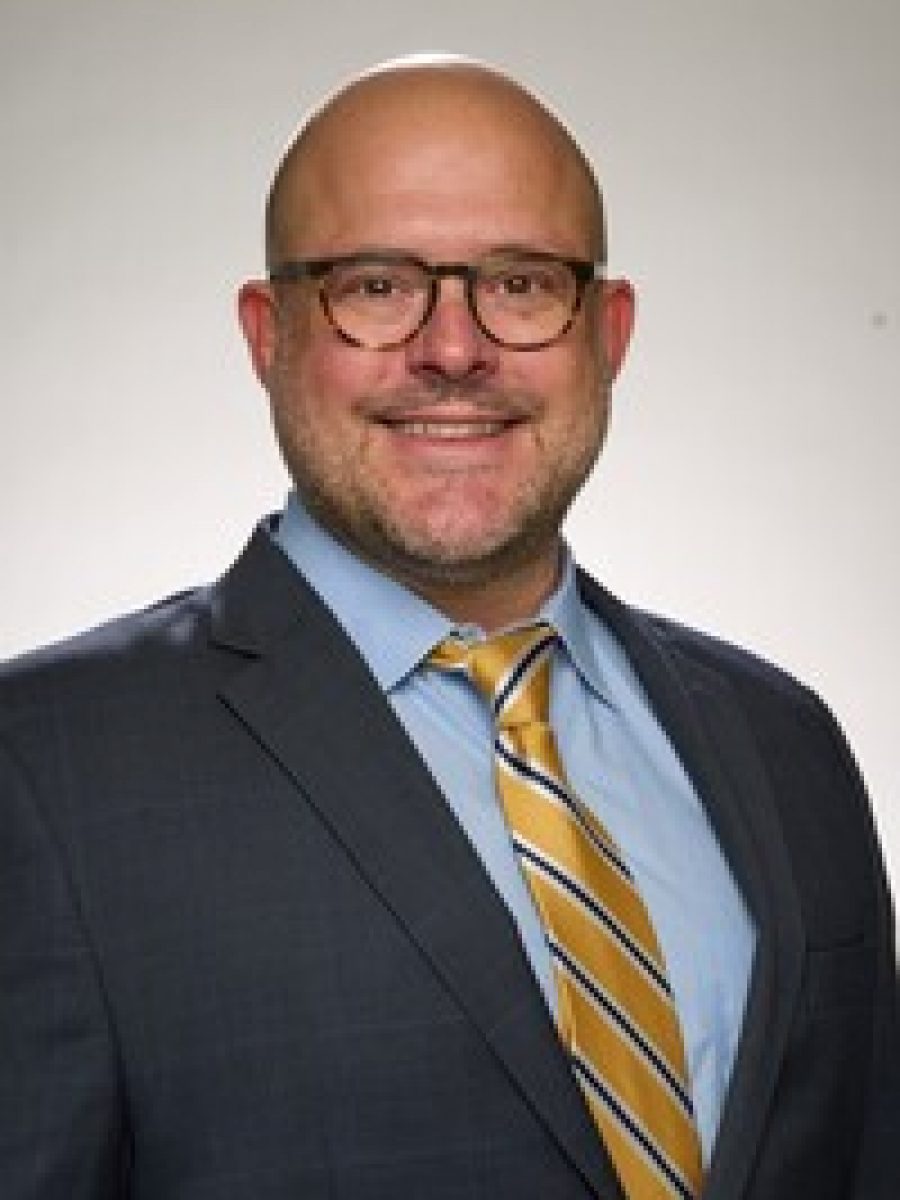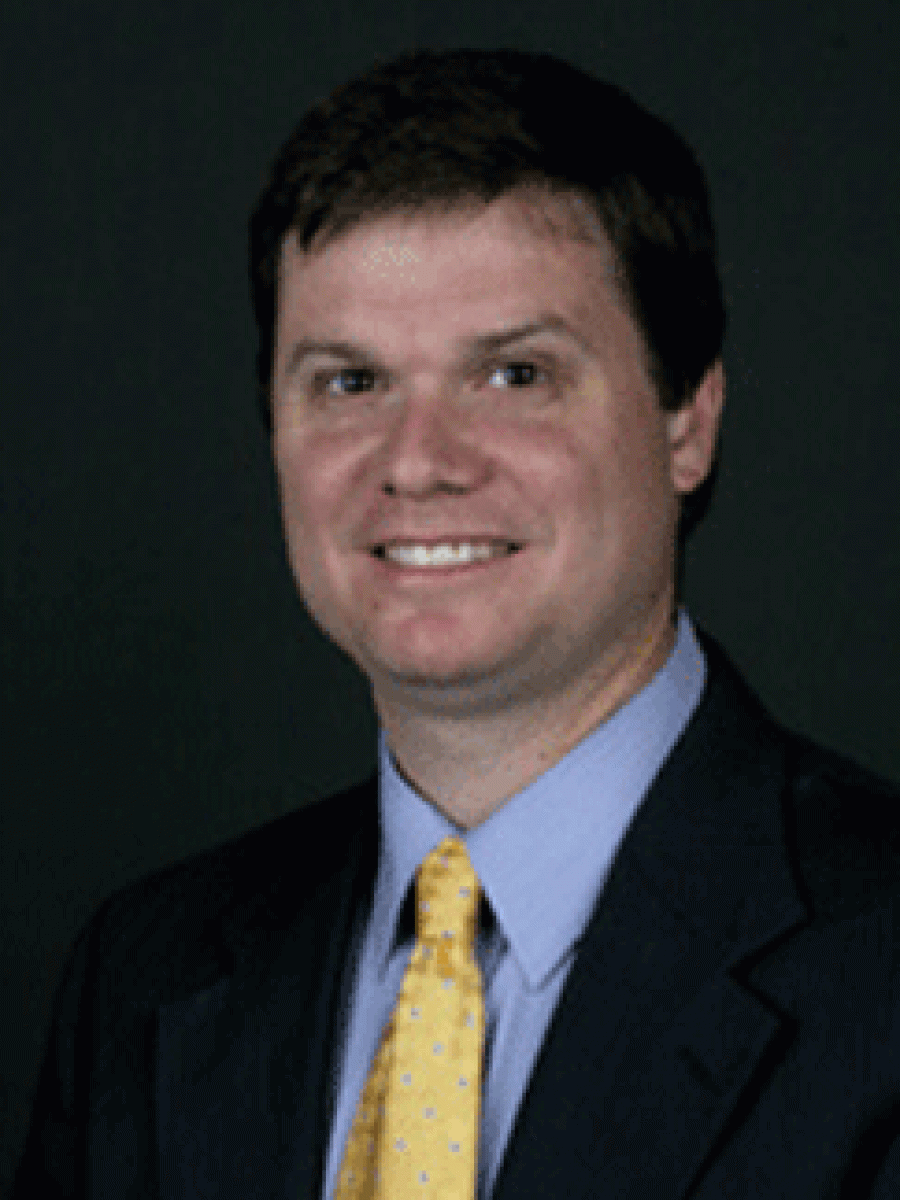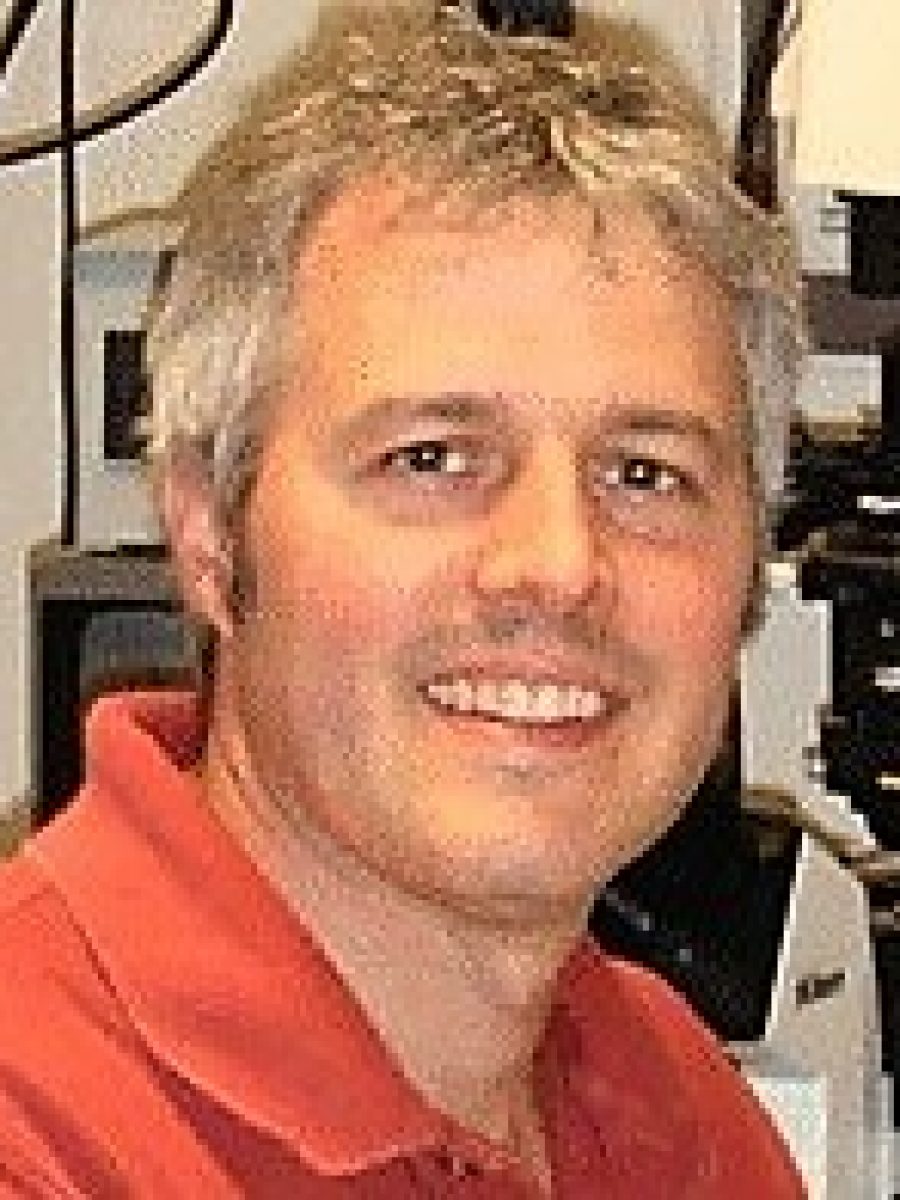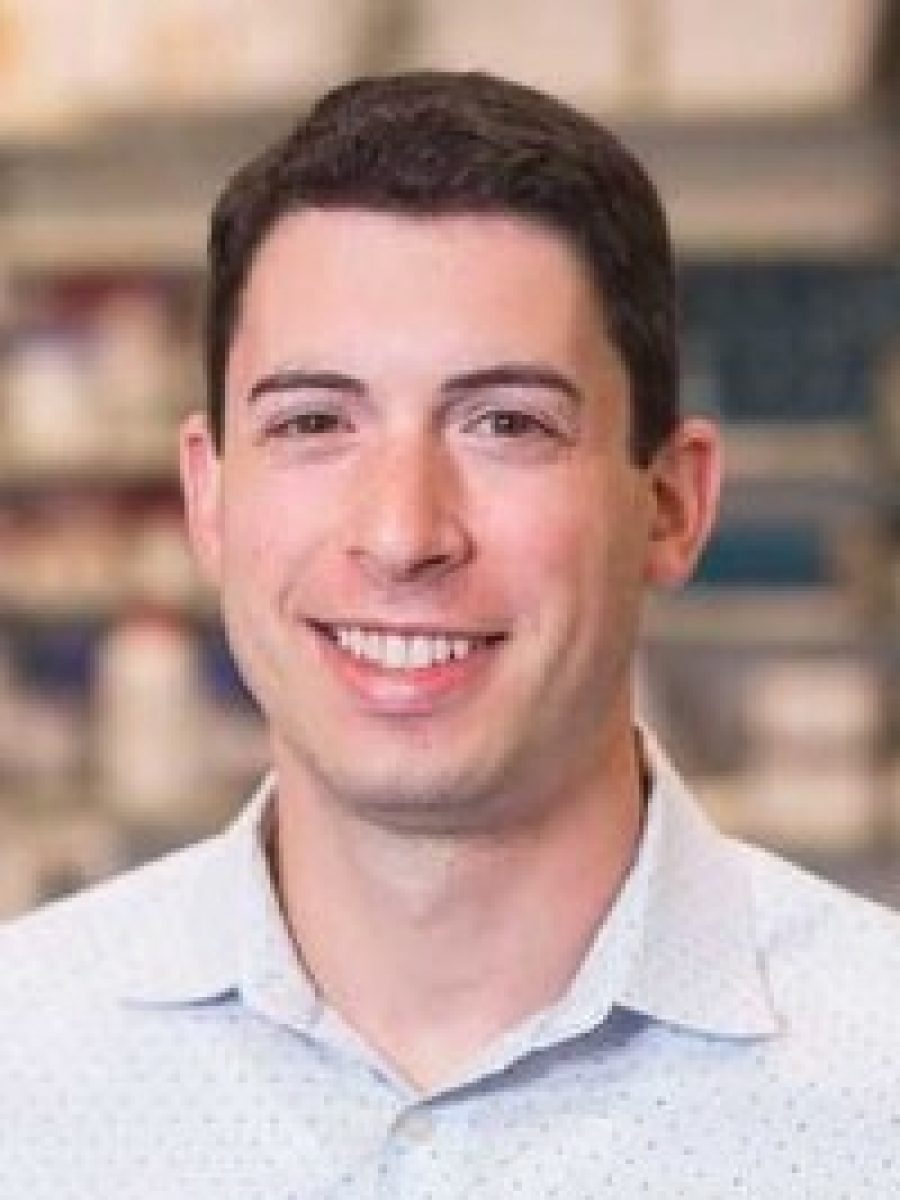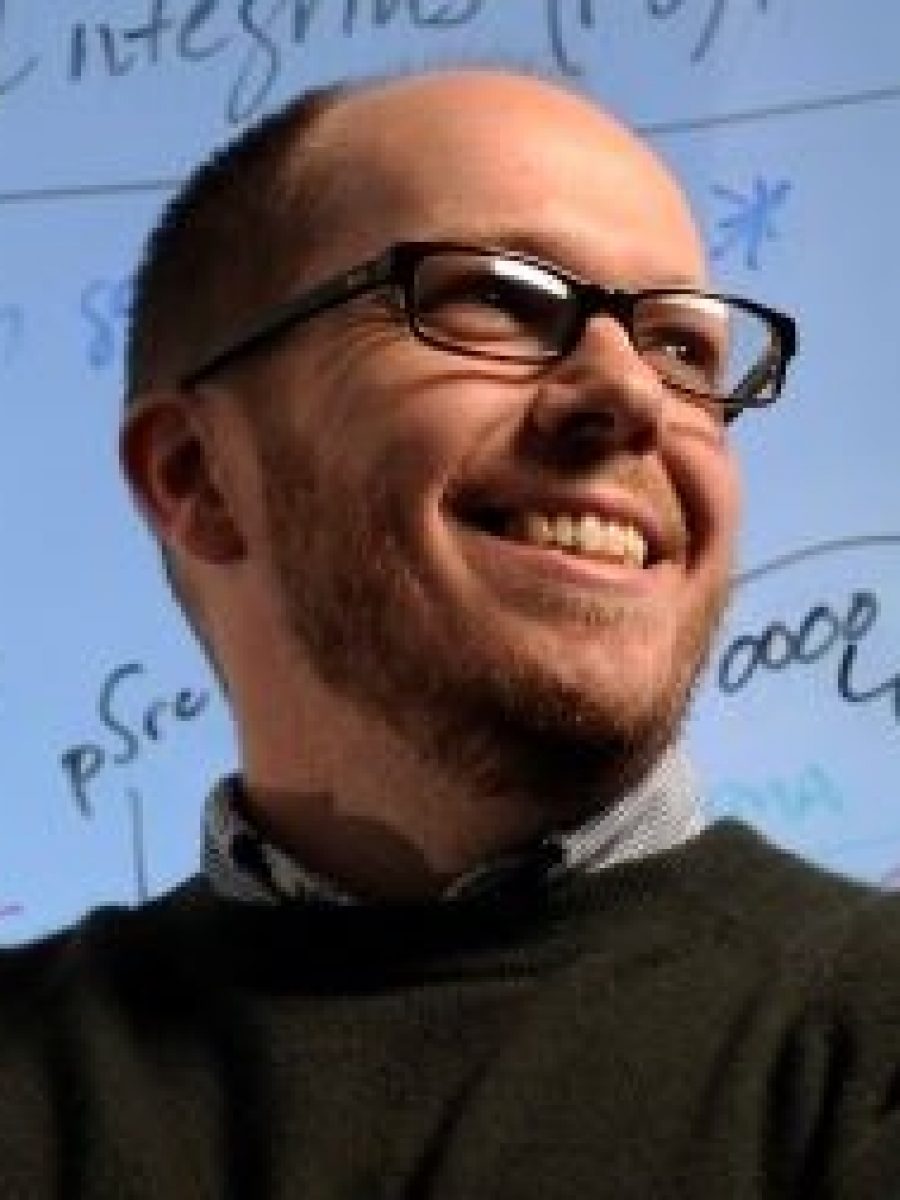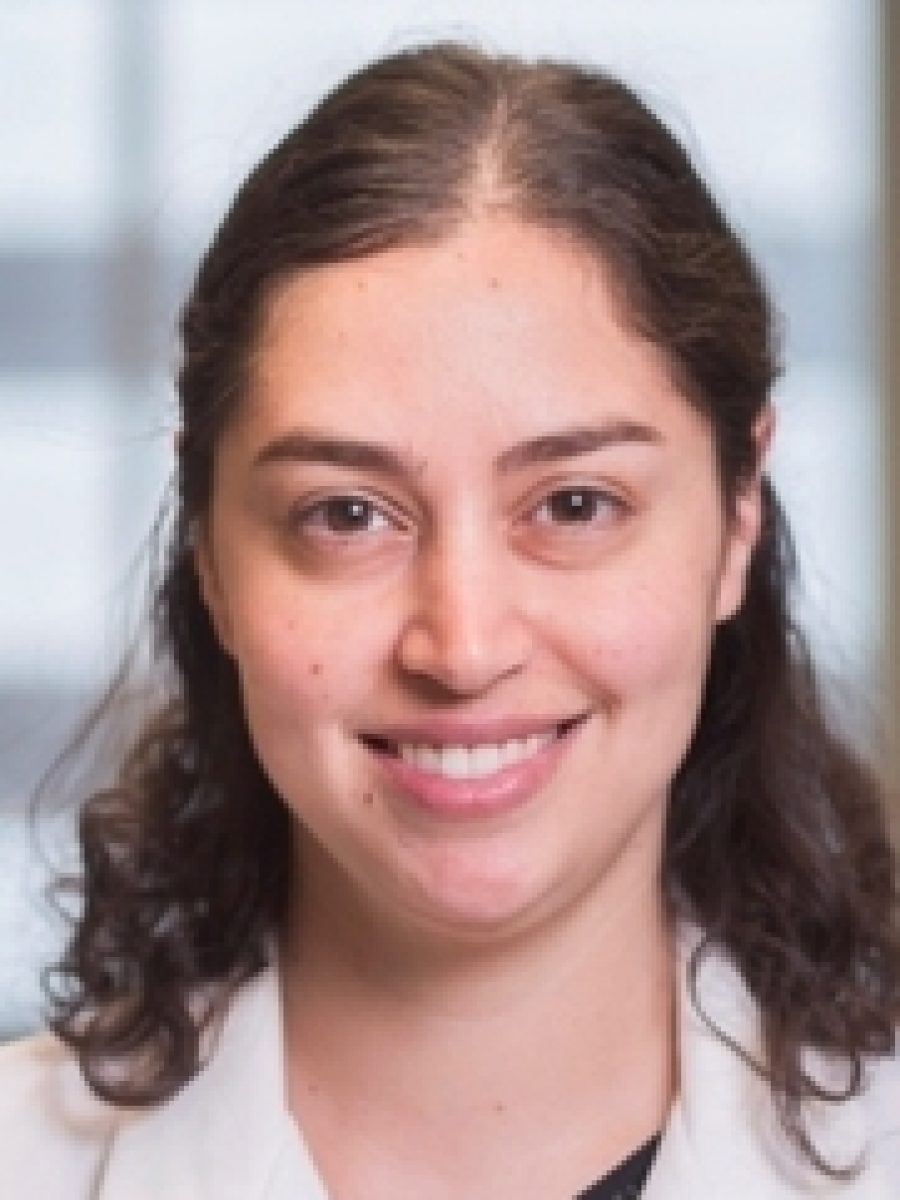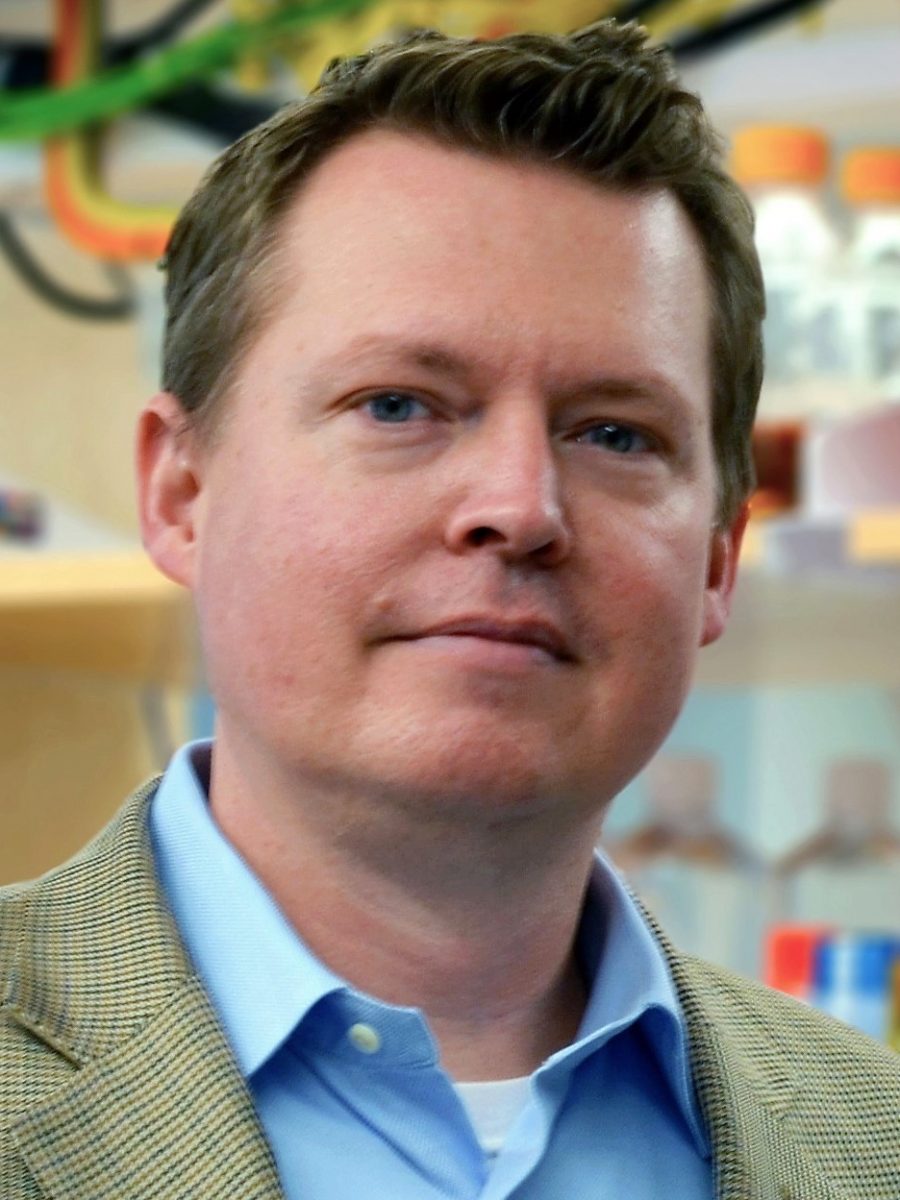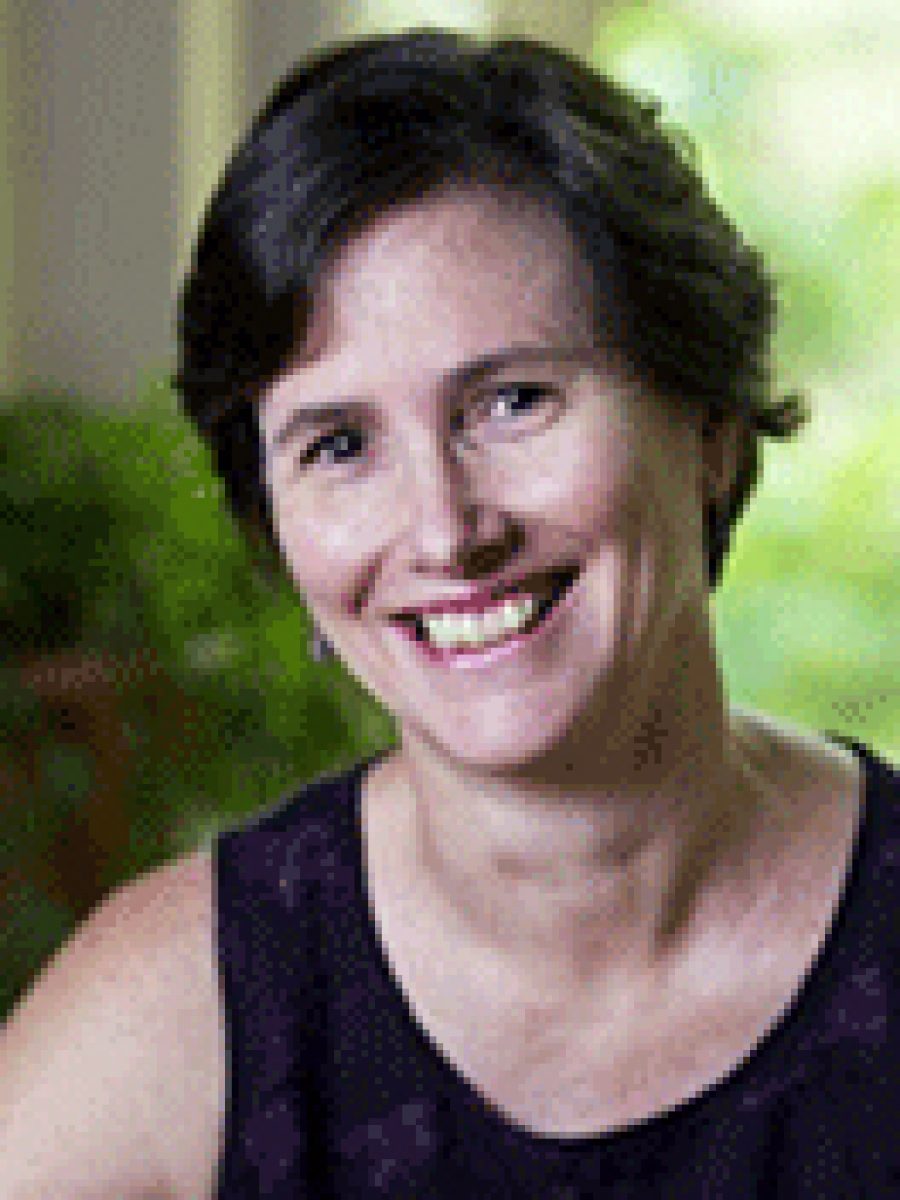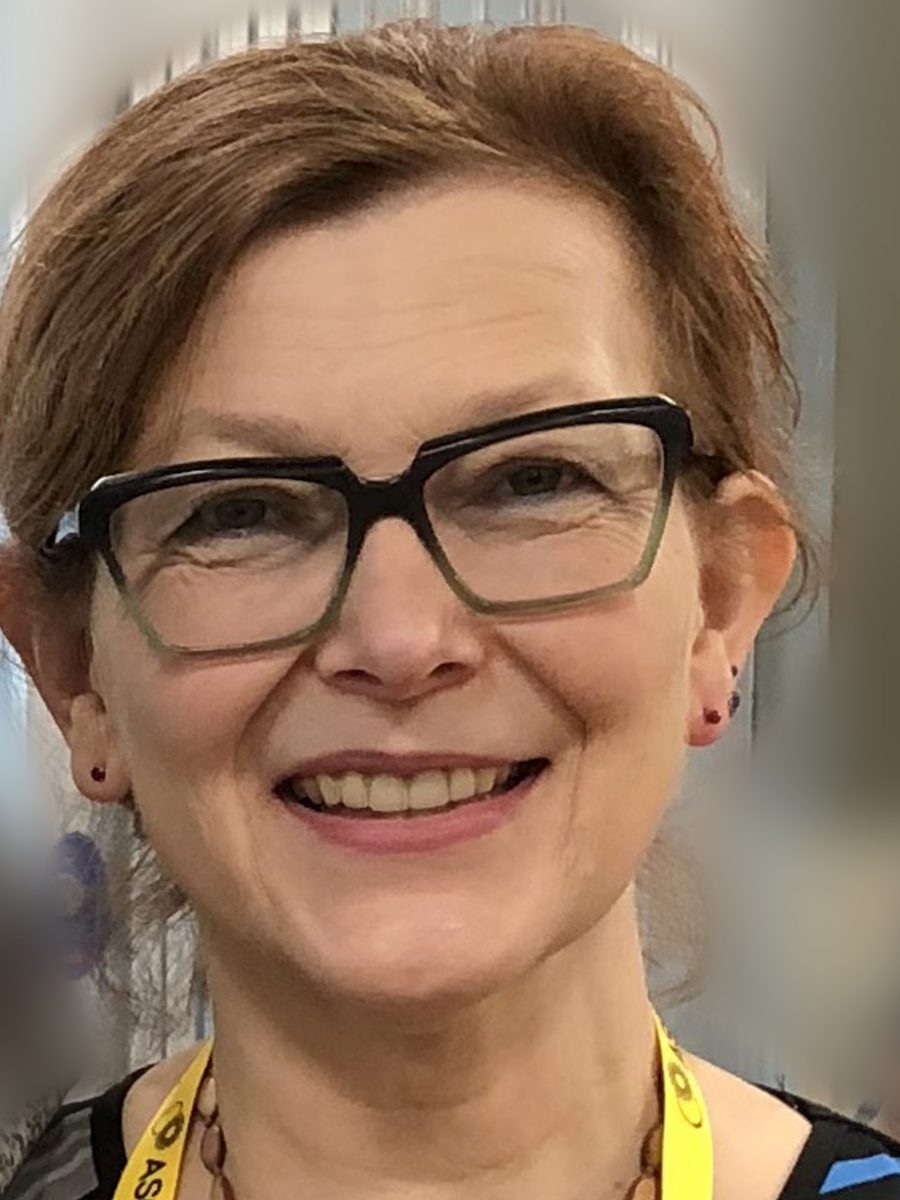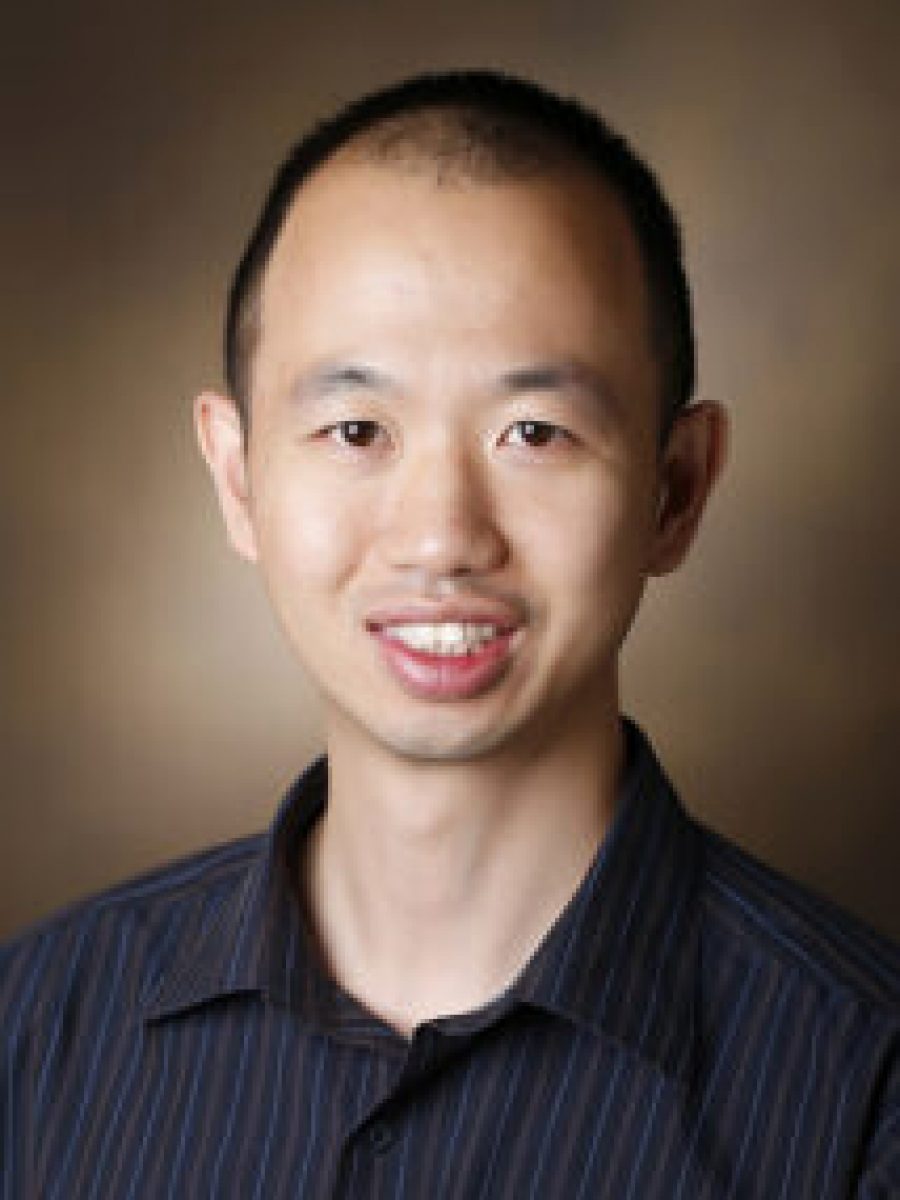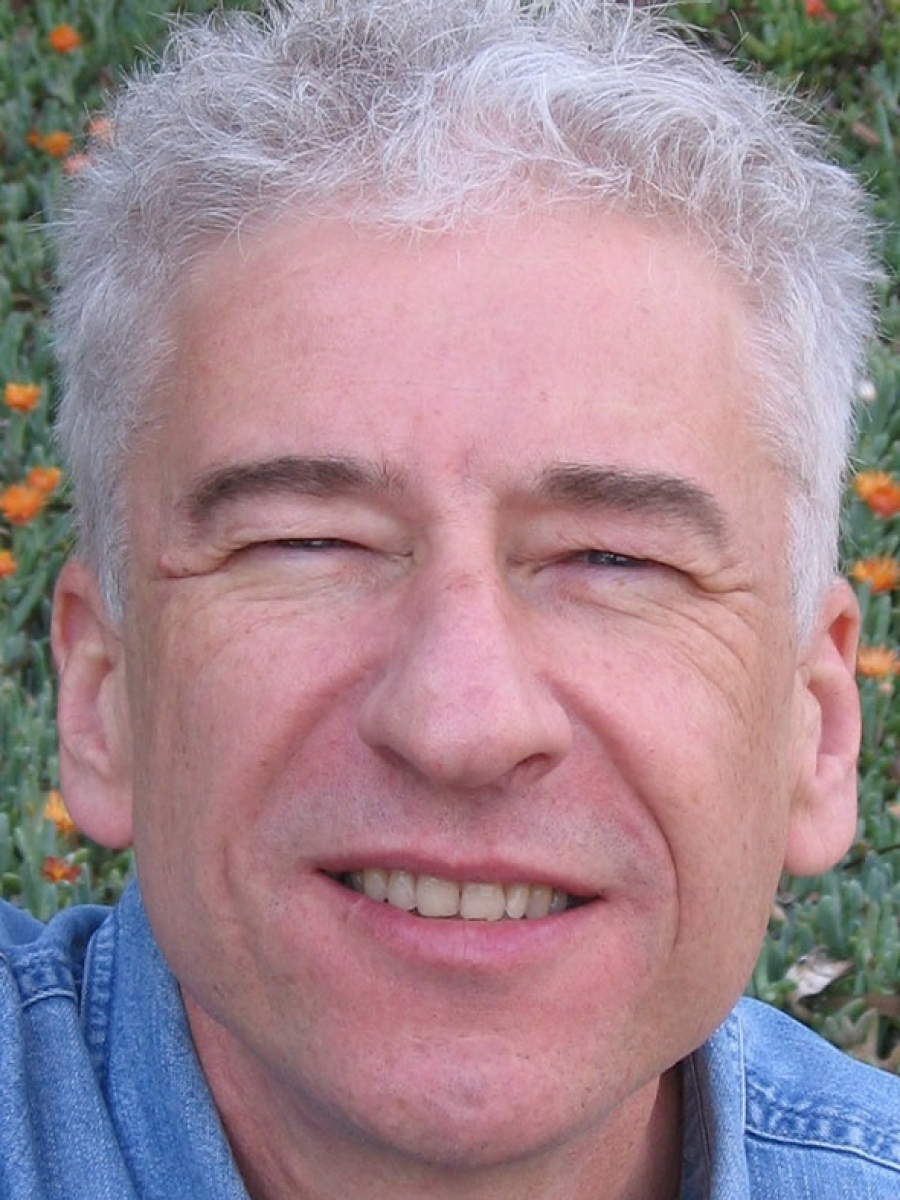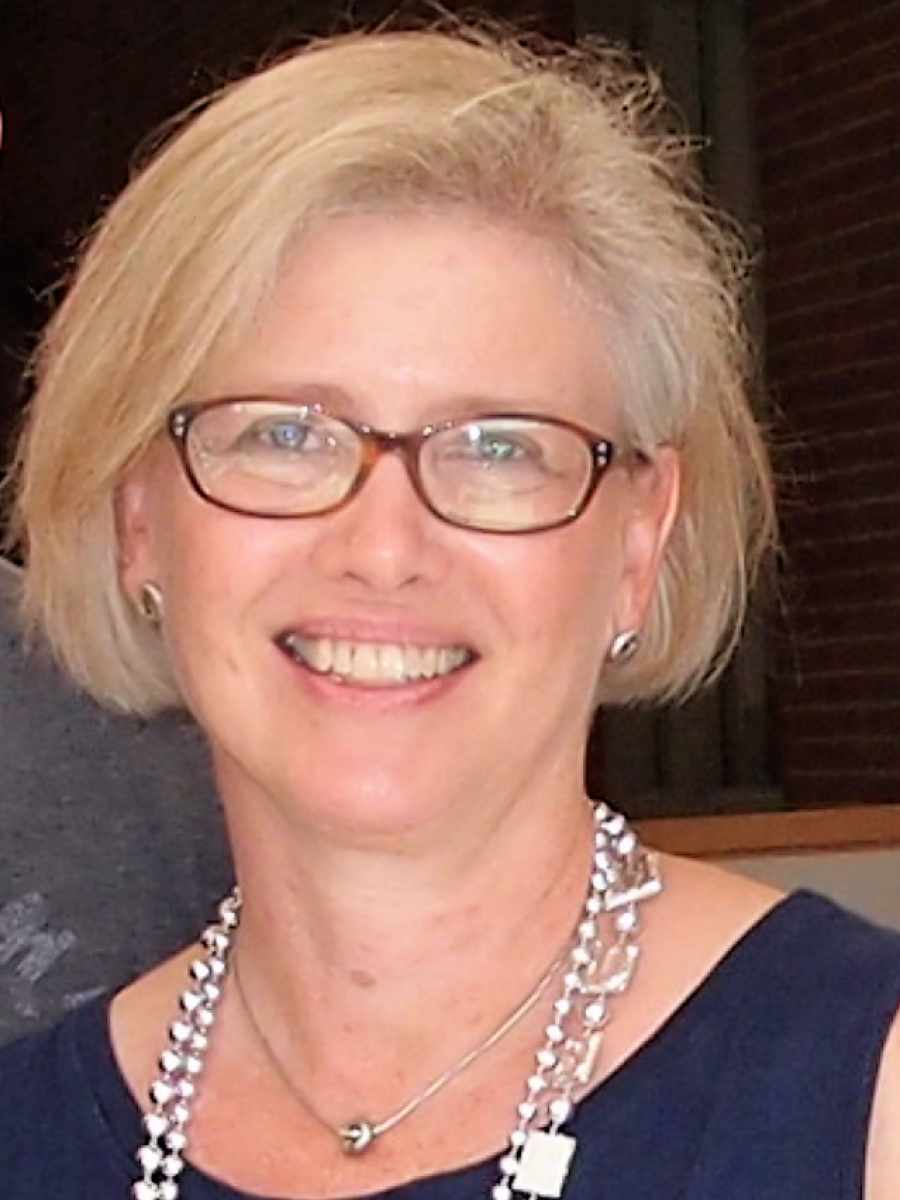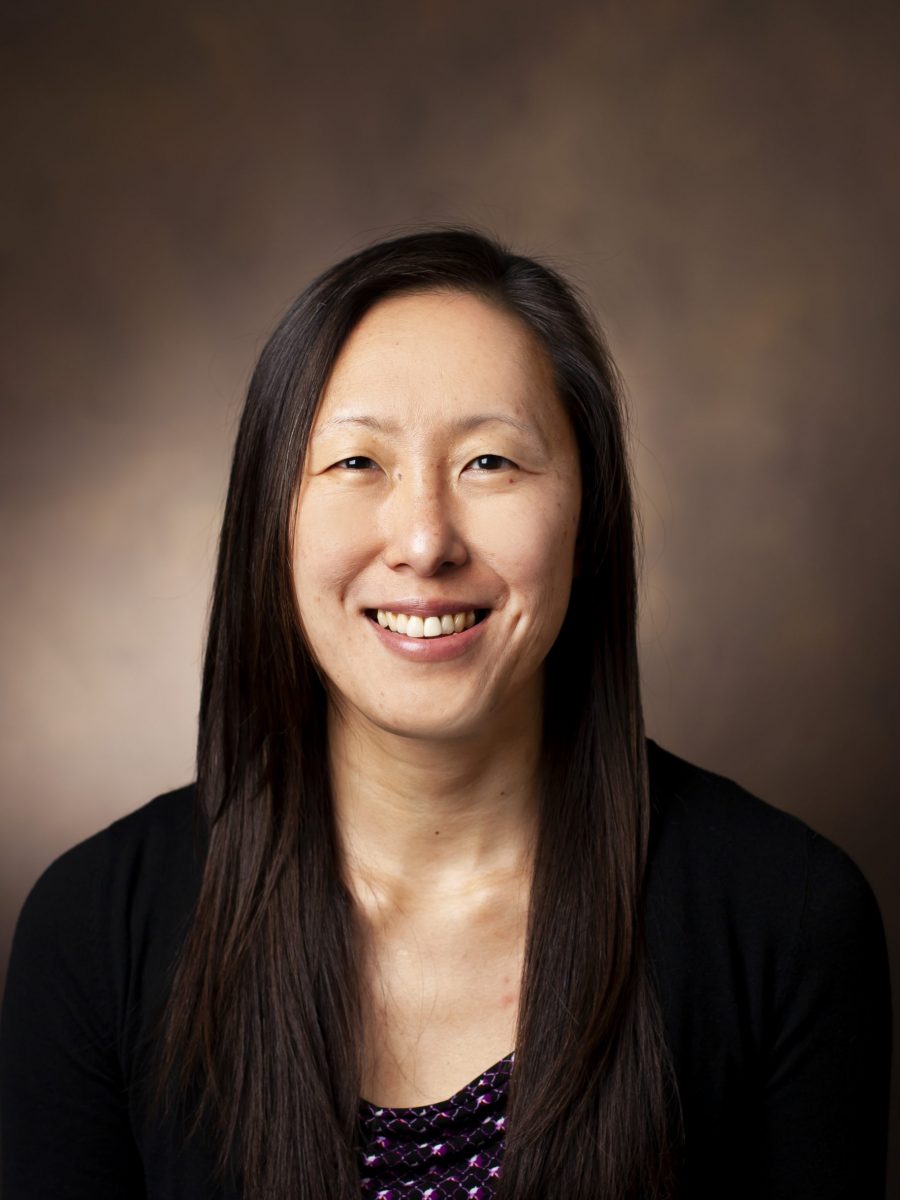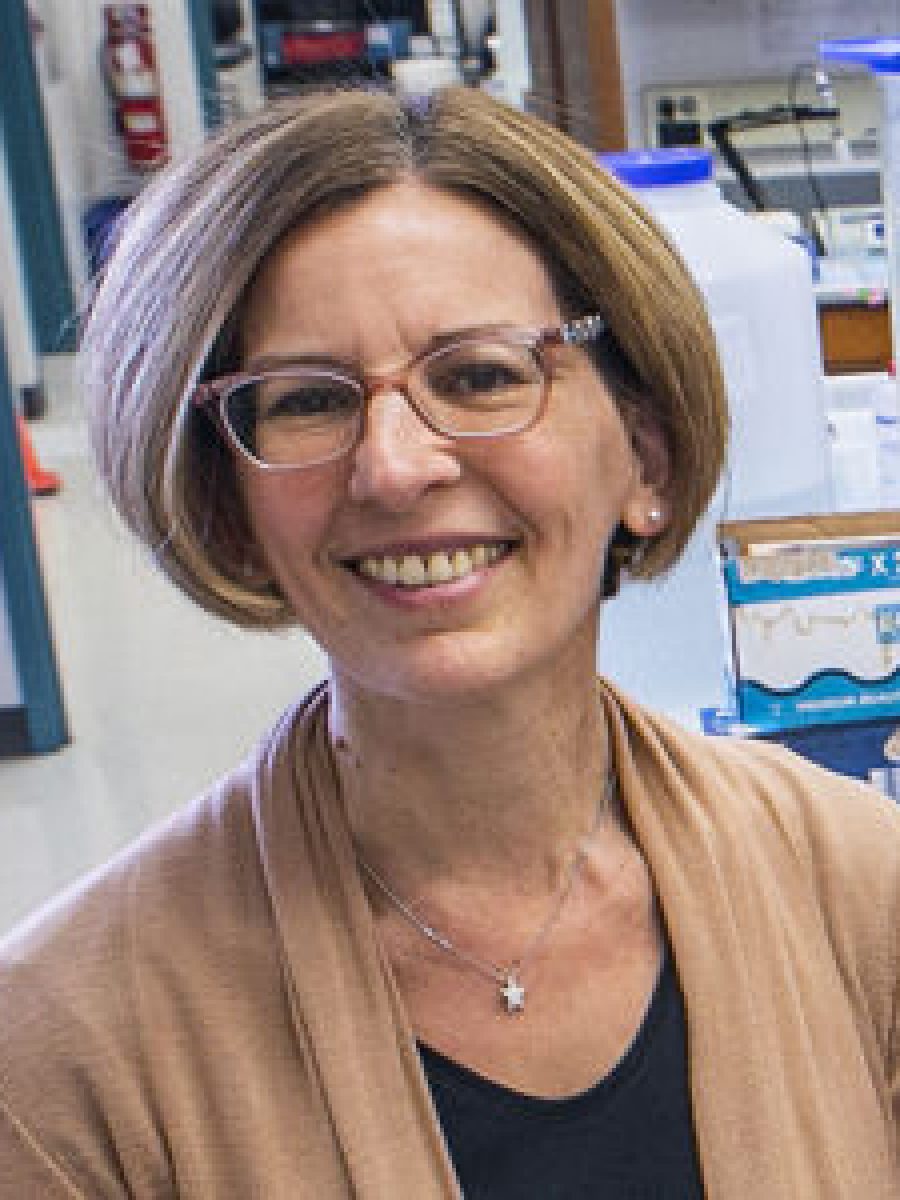Quick Links
Mission Statement
The mission of the Vanderbilt Center on Mechanobiology is to bring together engineers and basic scientists to understand how mechanics integrates with molecules, cells, and tissues to impact human health and technology. We are training the next generation of researchers to tackle scientific problems at the intersection of biology and mechanics.
About
Mechanobiology is a cross-disciplinary field at the interface of biology, physics and engineering that seeks to provide fundamental insight into how mechanical forces drive cellular processes. The human body is much more than just a set of genes and proteins, and we now know that disease can be caused and promoted by factors beyond genetics. Almost every organ, tissue, and cell are exposed to mechanical forces, and these forces are integral to healthy cellular function.
Elucidating the role of mechanical forces at molecular, cellular and tissue levels offers the potential to impact human health in news ways. Our understanding of mechanotransduction (how cells translate physical forces into chemical signals) is still developing and has been proven to be critical in numerous physiological systems and disease states including cancer, cardiovascular disease, kidney disease and fibrosis. Research in mechanobiology aims to uncover how cells respond to physical forces and how these forces affect tissue formation, degeneration and regeneration in both basic physiology and disease. Furthermore, mechanomedicine offers the ability to target disease based on the manipulation of the mechanical properties of molecules, cells and tissues, taking medicine into a new frontier.
Mechanobiology also impacts biotechnologies from catalysis to biomanufacturing, bioconversion and sustainable energy production. Mechanobiology principles lead to new materials, new forms of manufacturing, sensing and sustainability practices.
Vanderbilt is at the forefront of mechanobiology research due to its close cooperation between basic sciences, engineering and medicine. The Vanderbilt Center on Mechanobiology (V-CoM) brings together researchers who work across schools, departments and institutes.
We benefit from world-class collaborations through numerous other Centers and Institutes at Vanderbilt including:
- Vanderbilt Ingram Cancer Center
- Vanderbilt Institute of Imaging Science (VUIIS)
- Center for Matrix Biology
- Vanderbilt Institute for Integrative Biosystems Research and Education (VIIBRE)
- Vanderbilt Institute for Surgery and Engineering (VISE)
- The Vanderbilt Program for Extracellular Vesicle Research
And we excel, in part, due to unparalleled access to numerous core facilities including (but not limited to):
- Vanderbilt Institute of Nanoscale Science and Engineering (VINSE)
- Cell Imaging Shared Resource (CISR)
- Center for Small Animal Imaging
- Mass Spectrometry Core Lab which includes proteomic, tissue and bioinformatics analysis
- Flow Cytometry Shared Resource
- Vanderbilt Genome Editing Resource (VGER)
- Vanderbilt Technologies for Advanced Genomics
- Translational Pathology Shared Resource (TPSR)
- Cancer and Immunology Core (CIC), providing cytomics services
Leadership and Faculty
Members of the Vanderbilt Center on Mechanobiology (V-CoM) come from across the University to address biological questions rooted in mechanics. This works stretches from the study of the signaling of individual molecules to the assembly and maintenance of tissues. It spans from basic science, hypothesis-driven questions to the translation of devices and platforms to help study and treat disease.
Contact Us
Marija Zanic, Center Co-Director
Email: marija.zanic@vanderbilt.edu
Matthew Lang, Center Co-Director
Email: matt.lang@vanderbilt.edu
Mailing Address:
PMB 351631
Nashville, TN 37235
Campus Address:
Vanderbilt University
550 Engineering Sciences Building
2414 Highland Ave
Nashville, TN, 37212
School of Engineering
-
Leon M. Bellan
Associate Professor of Mechanical Engineering
-
Jonathan M. Brunger
Assistant Professor of Biomedical Engineering
-
Xiaoguang Dong
Assistant Professor of Mechanical Engineering
Assistant Professor of Biomedical Engineering
Assistant Professor of Electrical Engineering
Vanderbilt Institute for Surgery and Engineering -
Ravindra Duddu
Associate Professor of Civil and Environmental Engineering
-
Craig Duvall
Cornelius Vanderbilt Professor of Engineering Professor of Biomedical Engineering
-
Scott Guelcher
Professor of Chemical and Biomolecular Engineering
-
Matthew J. Lang
Professor of Chemical and Biomolecular Engineering
-
Ethan Lippmann
Associate Professor of Chemical and Biomolecular Engineering
-
W. David Merryman
Walters Family Professor Professor of Biomedical Engineering
-
Marjan Rafat
Assistant Professor of Chemical and Biomolecular Engineering
-
John T. Wilson
Associate Professor of Chemical and Biomolecular Engineering
School of Medicine Basic Sciences
-
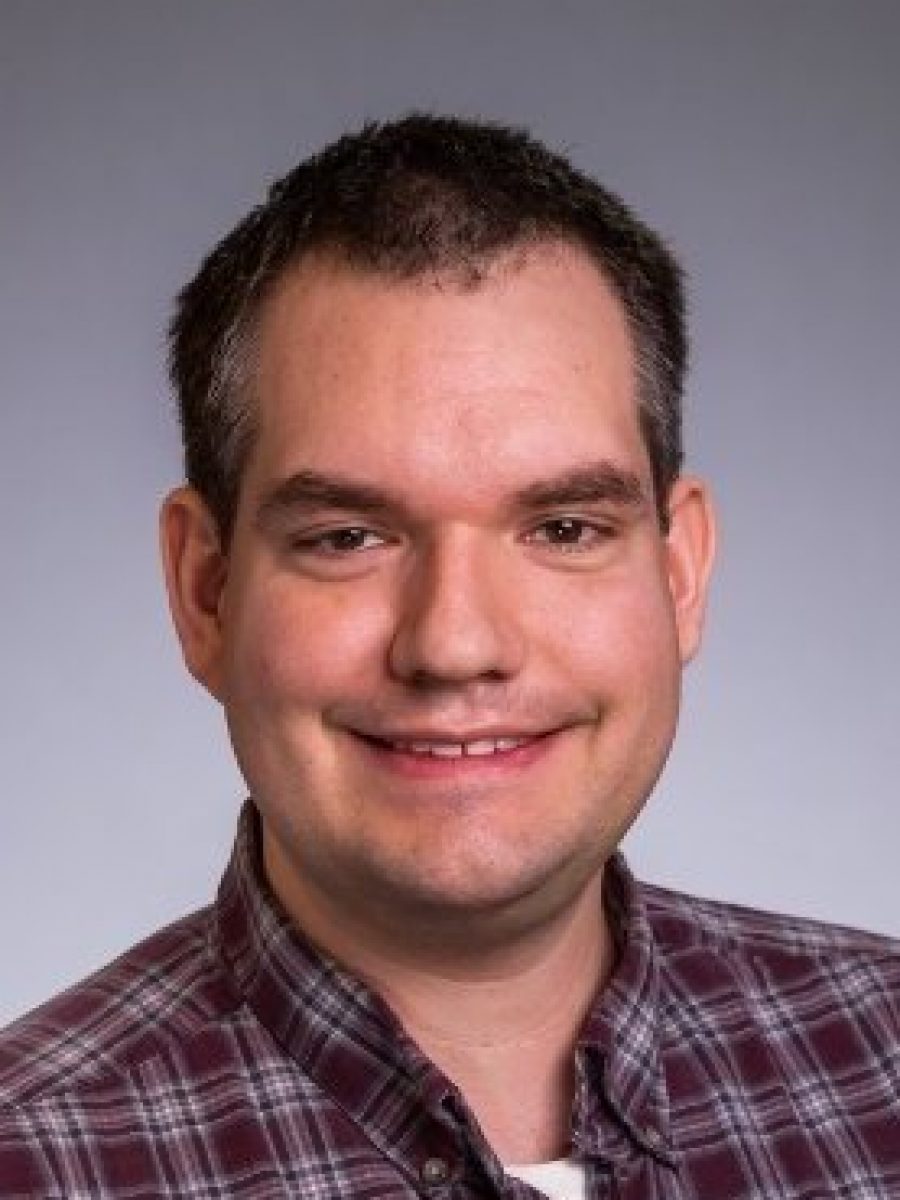
Benjamin Bratton
Assistant Professor of Pathology, Microbiology & Immunology and Cell & Developmental Biology
-
Dylan T. Burnette
Associate Professor of Cell and Developmental Biology
-
Neil Dani
Assistant Professor of Cell and Developmental Biology
https://medschool.vanderbilt.edu/cdb/person/neil-dani/
-
Kathleen L. Gould
Louise B. McGavock Professor, Department of Cell & Developmental Biology
-
Irina N. Kaverina
Professor of Cell and Developmental Biology
-
Ken Lau
Professor of Cell and Developmental Biology
-
Ian G. Macara
Chair of the Department of Cell & Developmental Biology, Professor of Cell & Developmental Biology
-
Andrea Page-McCaw
Professor of Cell and Developmental Biology
-
Sun H. Peck
Assistant Professor of Medicine, Biochemistry, and Biomedical Engineering
Research Health Scientist, Nashville Veterans Affairs Medical Center
-
Matthew J. Tyska
Cornelius Vanderbilt Professor, Cell and Developmental Biology
-
Alissa Weaver
Cornelius Vanderbilt Chair, Professor of Cell and Developmental Biology
-
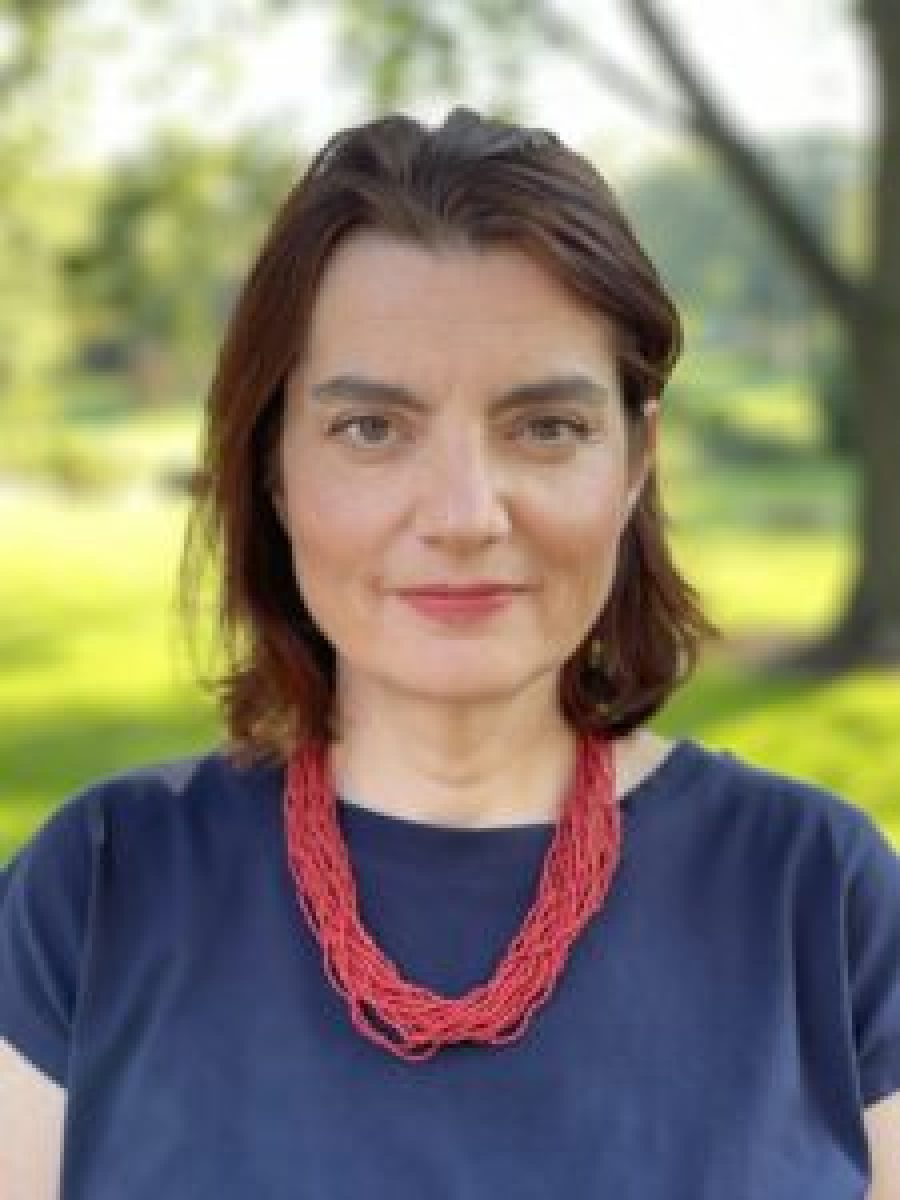
Marija Zanic
Professor of Cell and Developmental Biology, Chemical and Biomolecular Engineering, and Biochemistry
-
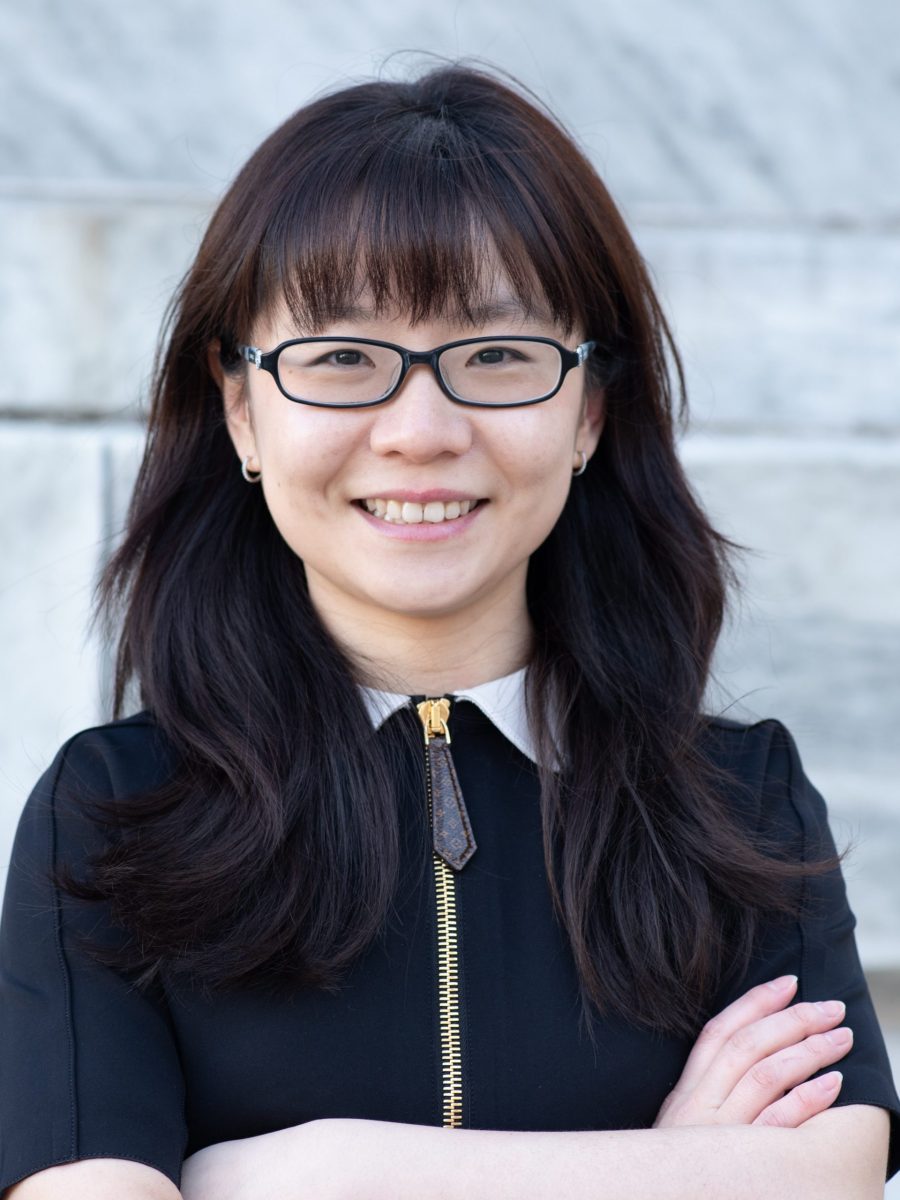
Shan Meltzer
Assistant Professor, Department of Pharmacology
College of Arts and Science
-
Shane Hutson
A.B. Learned Professor of Living State Physics
-
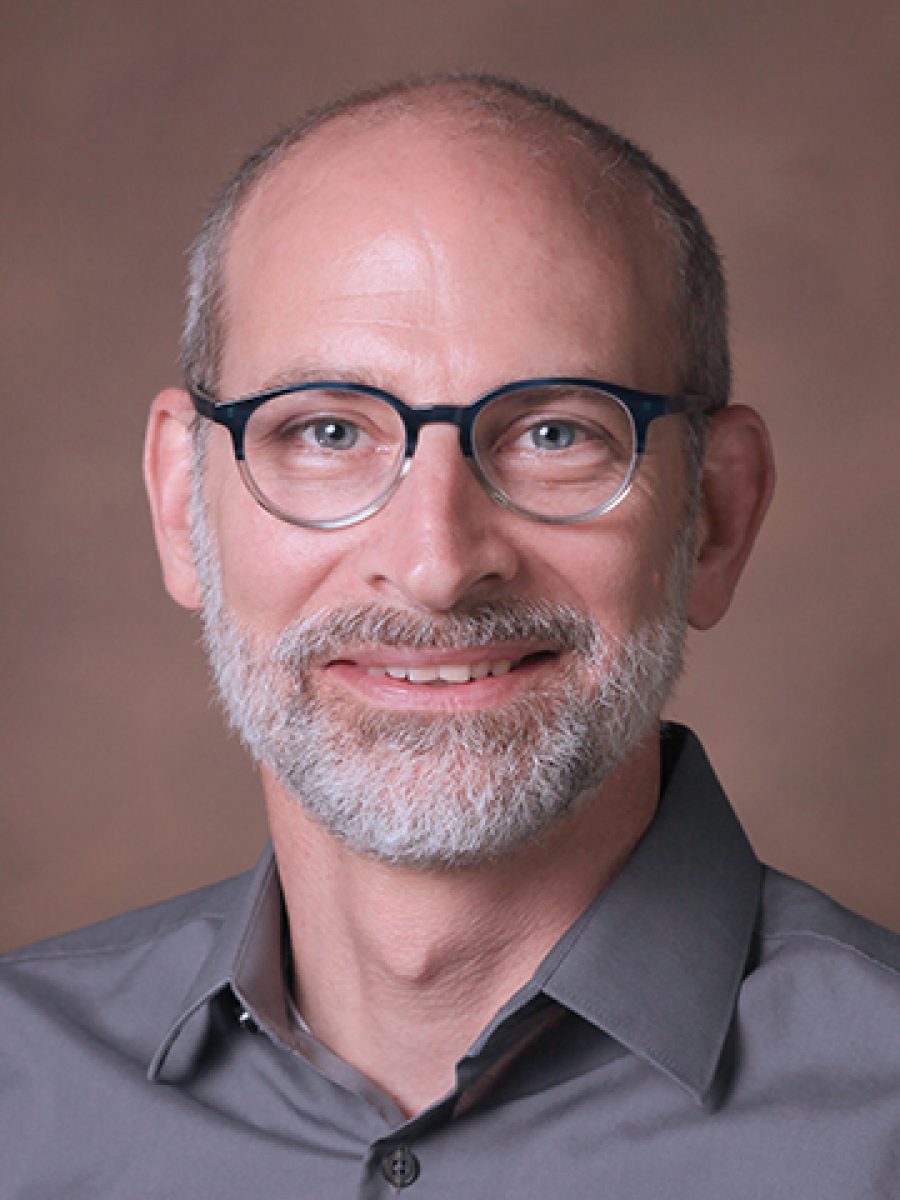
Brandt Eichman
Professor and Chair of Biological Sciences, Professor of Biochemistry
